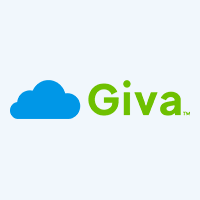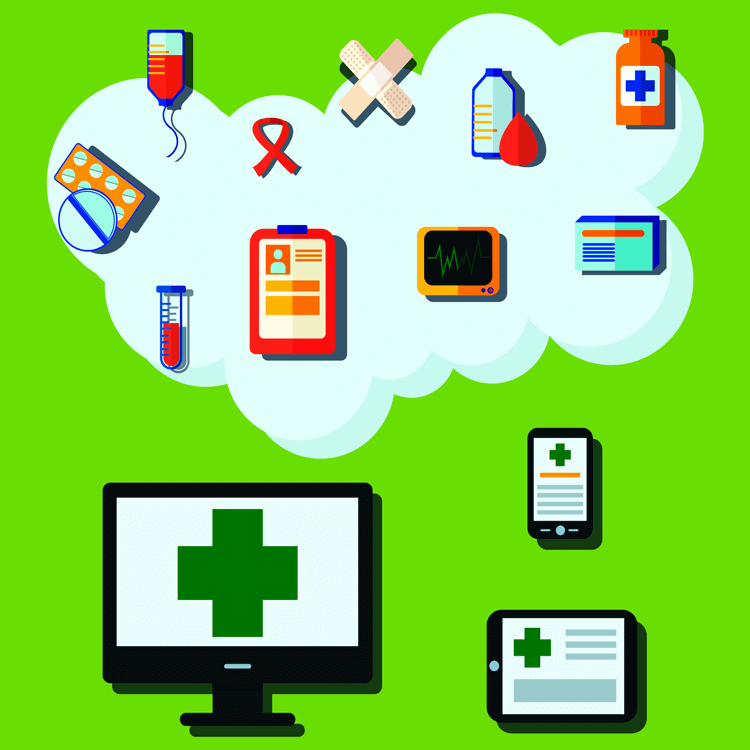HIPAA and "Body" or "Patient Brokering": Balancing Lead Generation With Privacy Laws
Drugs destroy lives. America is in the middle of a drug addiction epidemic. Over 1 million people have died from overdoses in 20 years, since the US Centers for Disease Control and Prevention (CDC) started recording overdose deaths in 1999.
In May 2022, the CDC confirmed that 2021 was a tragically record-breaking year, with 107,622 fatalities directly caused by drug overdoses, a 15% increase on the previous year.
Opioid-based drugs are largely to blame; over the counter medication. People, ordinary people, living normal lives, become addicted. Often, this happens gradually, subtly; without many realizing they're becoming addicted. However, because of their highly addictive nature, people become reliant on them, or need to find stronger doses and versions to achieve the same results, and then tragically, one too many pills can kill.
In 2021, 70% of overdose fatalities were caused by fentanyl, a highly addictive and dangerous synthetic opioid. According to the CDC: "Opioids--mainly synthetic opioids (other than methadone)--are currently the main driver of drug overdose deaths. 82.3% of opioid-involved overdose deaths involved synthetic opioids."

What Is Being Done to Fight Drug Addiction?
President Biden has launched a National Drug Control Strategy under his Unity Agenda.
In a White House statement, President Biden said: "This Strategy goes after two big drivers of the opioid epidemic: untreated addiction and drug trafficking. It's time we treat addiction like any other disease. And at the same time, we are disrupting drug traffickers' financial networks, supply chains, and delivery routes, including on the internet."
"Overdose deaths continue to rise across the United States. To bring an end to this crisis, collaborative public health and public safety solutions are needed within communities," said Rochelle P. Walensky, MD, MPH, CDC Director. "CDC is fully committed to leveraging its scientific expertise to advance the goals of the administration's National Drug Control Strategy."
A national strategy should help ease the situation. However, one of the challenges is there aren't enough drug rehab centers across the country.
At present, there are approximately 15,000 drug and alcohol rehab centers nationwide. And yet, around 23 million Americans need treatment, compared to 3.7 million who are currently undergoing some form of rehab-based treatment, according to one study. Only 11% of Americans who need treatment are actually receiving any.
Drug rehab centers are profitable businesses. Marketdata estimates that the sector is currently worth $42 billion, and is likely to increase to $53 billion in 2025, with a 5.2% rate of annual growth.
One of the ways drug rehab centers find new patients is through a practice known as "patient brokering" or "body brokering". We take a closer look at what that means from a lead generation perspective, and how rehab centers navigate data protection, state laws, and the Health Insurance Portability and Accountability Act (HIPAA).
What is "Patient Brokering" or "Body Brokering"?
Drug rehab centers are, for the most part, private businesses. Getting treatment for 30 days can cost anything between $15,000 and $60,000. Of course, there are nonprofits, and addiction is now covered under the Affordable Care Act and Medicaid.
However, like any private, revenue-generating business, owners need to generate leads and are aiming to turn a profit. Providing addiction treatment isn't cheap. Running a rehab center requires having a team of doctors, nurses, therapists, other professionals, and support staff.
Unfortunately, the need to generate revenue has led to some treatment centers turning to illegal practices to bring in new patients. A practice known as "patient brokering'" or "body brokering".
Patient brokering is where a third-party -- an unlicensed intermediary -- usually someone who promotes themselves as a "marketer" for rehab centers refers potential patients, in return for a fee from the treatment facility. Potential patients are persuaded into accepting the proposed care under the guise of being helped, when the facility in these cases is not really interested in the patients themselves, but what insurance or similar entity they might have and what services they can charge to that entity, and sometimes without any further treatment.
Patient brokering is an illegal practice and an unethical way for rehab centers to generate new revenue.
In 2021, Body Brokers, directed by John Swab, highlighted this issue in a movie. John Swab has personal experience of this, and most of the movie is based on one person's story involving patient brokering in Southern California.
Patients and their families need to watch out for some of the following approaches: "One tactic used by sober halfway houses and other dubious treatment or recovery centers to lure patients is to offer free or reduced rent, free cigarettes, prepaid debit cards, or other incentives. If this happens to you when you're searching for a treatment program, it should send up a red flag. Legitimate rehab facilities offer licensed treatment services with credentialed staff, not gimmicks."
State legislatures and the federal government are treating this as a serious concern. In California and Florida, new laws have been enacted to prevent patient brokering, a practice that has caused deaths.
Patient Brokering Laws & Lead Generation
Although there isn't a nationwide law against patient brokering, many states have taken it upon themselves to make this practice illegal. Florida and California have led the way in banning patient brokering.
Patient Brokering - Florida
Florida's Patient Brokering Act (PBA), statute § 817.505, was enacted into law in 2017 making patient brokering illegal in Florida. For those caught and convicted, breaking this law comes with a third-degree felony, and fines from $50,000 to $500,000 for every violation.
The PBA makes it illegal for providers or facilities to "offer or pay a commission, benefit, bonus, rebate, kickback, or bribe...or engage in any split-fee arrangement...to induce the referral of a patient or patronage to or from a health care provider or health care facility."
Patient Brokering - California
In 2018, California enacted a similar law to prevent the practice of patient brokering. Known as Bill SB1228 "Alcoholism or drug abuse recovery and treatment services: referrals law." Similar to Florida's law, this increases penalties and felony violations, and anyone caught accepting patients through brokering can even be banned from running, owning, or working in drug rehab centers.
Drug and alcohol rehab centers that were engaging in patient brokering need to take a different approach. Let's consider more effective ways to generate leads and bring new patients onboard.
How Rehab Facilities Can Generate Leads
Alongside state laws and HIPAA, drug and rehab centers also have to factor in Title 42 of the Code of Federal Regulations (CFR) Part 2: Confidentiality of Substance Use Disorder Patient Records (Part 2), more commonly known as 42 CFR Part 2.
42 CFR Part 2 came into law in the 1970s; although it's been updated several times since, most recently in 2020. The aim of this law is to ensure anyone who seeks treatment for drug and alcohol addictions isn't vulnerable to employment termination, or anything that could impact them once they've gone through treatment.
In practice, that means treatment facilities have to be hyper-aware of patient privacy and confidentiality, especially when generating new sales leads.
Facilities need written permission before they can share patient details, "even other non-SUD [Substance Use Disorder] medical personnel within the same mixed-use facility. Additional written permission is required."
As a result of the Covid pandemic, more facilities are offering telehealth treatment services. This is one area where treatment centers need to take extra precautions to ensure they're adhering to HIPAA, 42 CFR Part 2, and state patient privacy and data protection laws.
When it comes to lead generation, treatment centers, as business to consumer (B2C) companies, need to practice effective digital marketing techniques.
Drug treatment facilities either need an in-house marketing and sales team, or to work with third-party providers to generate leads. Common tactics include the following:
- Social media marketing and advertising
- SEO (search engine optimization), using content (articles) to generate inbound leads and queries from Google and other search engines, using the right mix of keywords and content
- Mobile-friendly websites, to ensure that potential patients can visit your website, call, and inquire about treatment on their smartphones
- Online advertising, usually social media and Pay Per Click (PPC) ads on search engines such as Google
- Another way to generate leads is through the Pay Per Call model. Some rehab centers will use third-party providers to call databases of potential patients.
Whichever method you use, make sure it's compliant with national and state laws. Patient privacy must be protected and secured at all costs. It's one of the main reasons drug and alcohol rehab centers trust Giva's HIPAA-compliant cloud help desk software that protects electronic health and medical records.
Once you've got new patients, you need to take every step to ensure their records are managed confidentially. Using Giva's HIPAA-compliant software is one of the best ways to achieve this. Everything within our cloud-based software suite is encrypted and secure, including onsite and offsite encrypted backups, and numerous security certifications.





